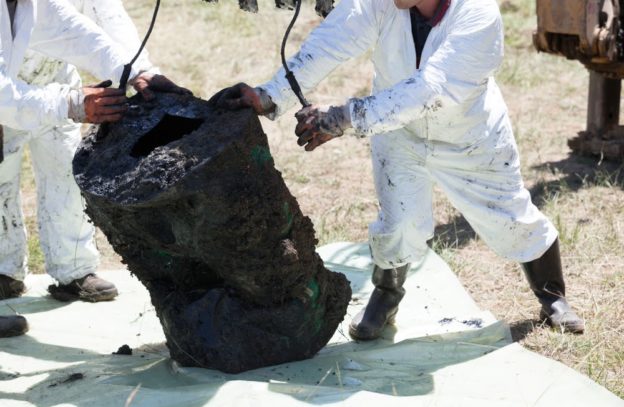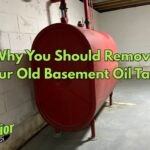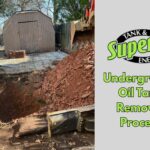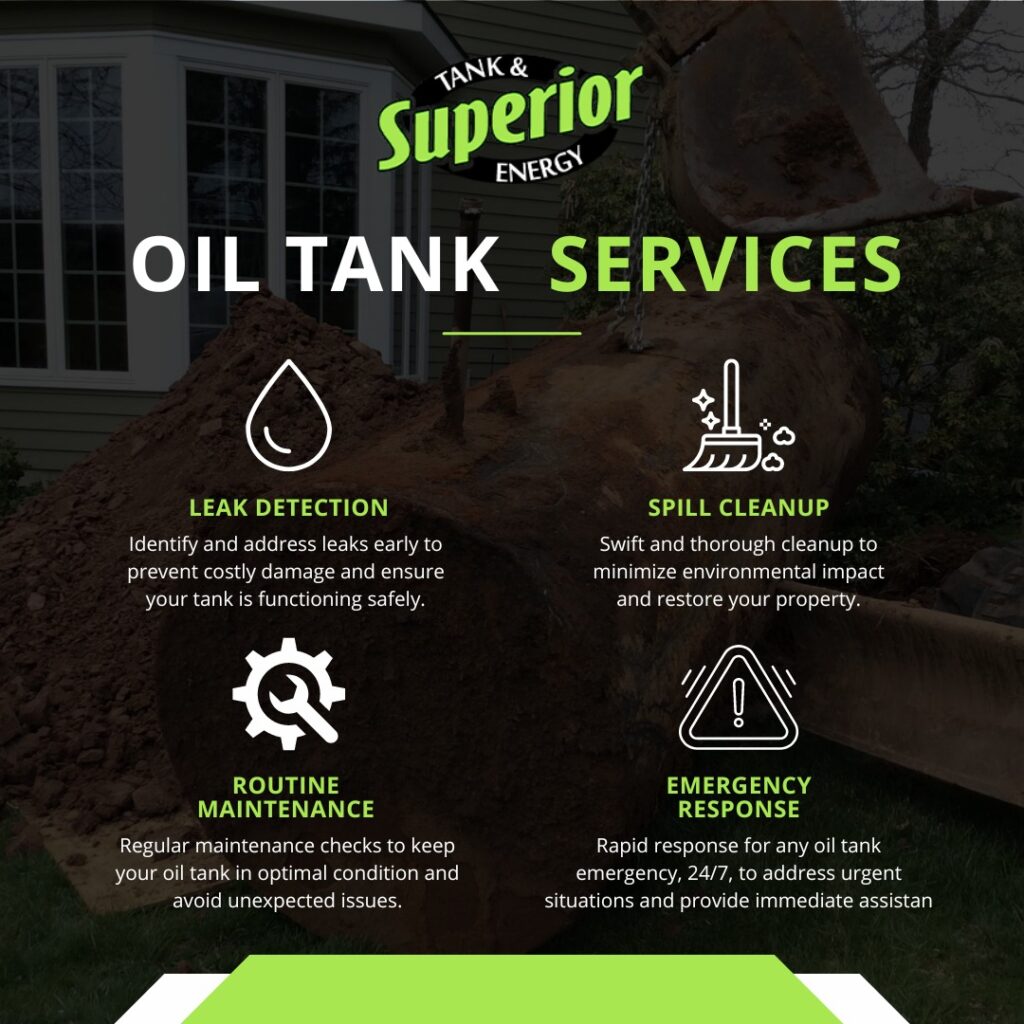
- Posted by: Superior
- 0 Comments
Do You Need to Consider Soil Remediation?
Should You Consider Soil Remediation for Your Property?
Buried oil tanks can be hazardous, and leaks can happen. In these instances, pollution and hazardous materials can seep into the surrounding soil. If you’re responsible for removing industrial materials such as an underground oil tank from a site, you must know how to assess and tackle related soil contamination issues. At Superior Tank & Energy, our qualified staff will provide you with the needed expertise to achieve the desired results effectively.
Assessing Soil Remediation Requirements
Pollutants that can seep into soil include petrol, oil, heavy metals, chemical solvents, and pesticides. Soil remediation consists of:
- Identifying specific contaminants in the soil
- Finding the soil residue level and hazardous nature of the pollutants
- Deciding the appropriate remediation method, and
- Performing the cleanup
Many points have to be addressed, including all relevant federal, state, or local council regulations. Additionally, it’s vital to consider other factors, including the closeness of groundwater to the pollutants and the location of other neighbors or businesses. These are all integral to deciding the soil remediation method. Breaching environmental protocols like these can result in fines and other penalties.
Is Soil Remediation Always Necessary?
Minor levels of low hazard or non-hazardous pollutants may not require treatment if the substance is already safely contained and regulations met. Proper site assessment determines whether remediation must take place.
The Environmental Protection Agency provides detailed guidance around the maze of soil assessment and management practices.
Soil Remediation Methods
Methods for remediating soil are constantly under improvement with technological advances and innovative approaches occurring. Depending upon the type and level of soil pollutants, treatment can be done either on-site or off-site.
On-site methods include:
- excavation and removal to landfill sites
- bioremediation (using bacteria to breakdown the pollutants), and
- screening, sorting, and filtering out the contaminated material.
Off-site methods take the soil away to treatment facilities to remove the pollutants. The remediation method depends on the type of pollutant, hazard level, and budget constraints.
Need Expert Assistance?
The complexities associated with soil remediation can be difficult to address on your own. If you need experienced assistance or more information about our environmental services, don’t hesitate to reach out to the team at Superior Tank & Energy. We will guide you through the whole process, from site assessment to physical remediation.
Categories
Recent Post
Archives
- December 2025
- November 2025
- October 2025
- September 2025
- May 2025
- April 2025
- March 2025
- February 2025
- January 2025
- September 2024
- September 2023
- July 2023
- May 2023
- March 2023
- January 2023
- November 2022
- July 2022
- May 2022
- March 2022
- January 2022
- November 2021
- September 2021
- July 2021
- April 2021
- December 2019






Recent Comments